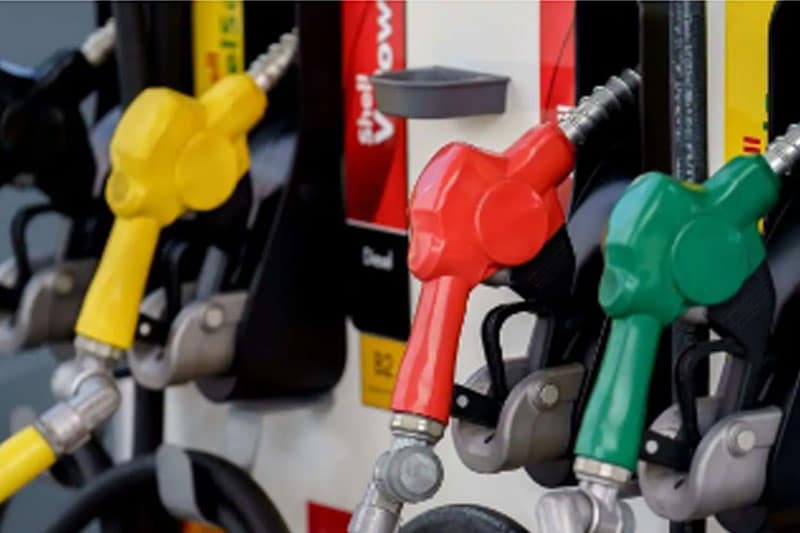Government Scraps Windfall Gains Tax on Domestic Crude and Fuel Exports Amid Softening Global Prices

In a significant policy shift, the Indian government has decided to withdraw the windfall gains tax on domestic crude oil production and the export of petrol, diesel, and aviation turbine fuel (ATF). This move comes almost two-and-a-half years after the tax was first introduced, with immediate effect as per the Finance Ministry notifications laid out in Parliament on Monday.
The windfall gains tax, which included special additional excise duties (SAED) on crude oil production and road and infrastructure cess (RIC) on fuel exports, was initially imposed in July 2022. The levy aimed to share the windfall profits of oil producers and exporters during a period of soaring global oil prices following Russia’s invasion of Ukraine. At the same time, the government sought to ensure a stable domestic fuel supply by discouraging excessive fuel exports amid rising international margins.
However, with crude oil and fuel prices significantly softening on the global market, the revenue generated by these taxes has dwindled. Industry sources noted that the levies had become largely ineffective, with collections dropping from Rs 25,000 crore in FY23 to just Rs 6,000 crore so far in FY25. The government had previously reduced the tax rates on fuel exports, with the levy on petrol exports dropping to zero in July 2022, on diesel exports in March 2024, and on ATF exports in January 2024. The tax on domestic crude production had also been gradually reduced and was brought to zero in September 2024.
The windfall tax, which had once stood at around $40 per barrel on domestic crude when prices were over $100 per barrel, was initially introduced to balance the economic impact of rising fuel prices and ensure sufficient fuel supply in the domestic market. The government reviewed the levies on a fortnightly basis, adjusting them according to fluctuations in international prices.
Also Read: Bank Alert: If You Don’t Know These Important Rules, You Could Lose Your Money
As the global oil market has stabilized, and with domestic fuel supplies remaining robust, the government’s decision to abolish the windfall tax reflects a shift in strategy. The removal of the levy aims to ease the burden on oil producers and exporters, fostering a more predictable and stable business environment.
This decision signals the government’s recognition that the economic conditions that warranted the windfall tax no longer apply. With the domestic fuel supply stable and international oil prices no longer as volatile as they were in the initial months of the Ukraine war, the windfall tax has become less relevant.
While the move may lead to a reduction in tax revenues, it is expected to improve industry sentiment and provide relief to fuel exporters, particularly private refiners, who had previously raised concerns about the continued levy. The government will now focus on ensuring that domestic fuel needs remain met while aligning taxation policies with the current market conditions.
As global oil prices continue to stabilize, the government’s decision to scrap the windfall tax marks a key moment in its efforts to recalibrate fiscal policies in line with evolving economic realities. The withdrawal of the tax is expected to bring relief to the oil and gas industry while ensuring that fuel availability in India remains unaffected.
